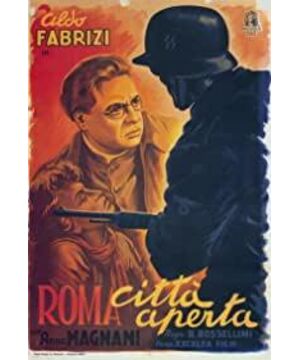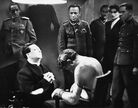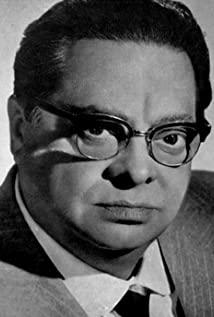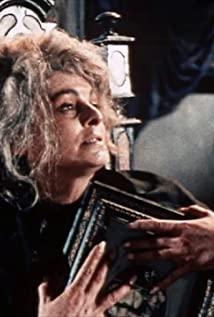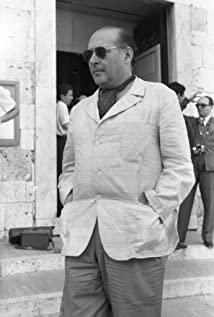"Rome, the Undefended City"
The general explained the map, the priest was playing football, and the new character must be doing something when he appeared on the field.
Foreign movies are full of a lot of meaningless lines, which is what Guoying is the worst at and avoids, so it lacks a lot of life.
"A lot of people ask me this: Can't Christ see us? But why don't you think about it? Are we really doing God's will? Turn a blind eye and have no mercy? The Lord does have mercy on the world, but the world is deeply sinful. We need to learn to pray and forgive ourselves.”
Notes: The biggest difference from the rising melodrama of Hollywood drama is that the events inserted in the script do not necessarily increase the drama, and these events are not necessarily interlocking cause and effect.
Later, countless films with the theme of the Chinese Dynasty were made, but unfortunately they never had the depth touched by Rossellini.
Perhaps the real significance of the film is that it may be the first drama film in Europe with a coherent plot but no central characters and protagonists, with a scatter perspective and a drifting off-screen perspective. The central intent of Neorealism was initiated to differentiate between Griffith-style Hollywood narratives and Eisenstein-style revolutionary narratives.
Neorealism adheres to a certain kind of objectivity, or on the sidelines. The characters and plots try to strip away the incitement and bewitchment of great hatred and hatred, but the biased purpose of emotions is still obvious, showing a kind of inconsistency. Not salty or bland.
View more about Rome, Open City reviews


